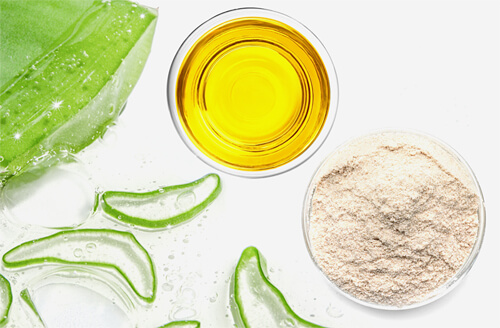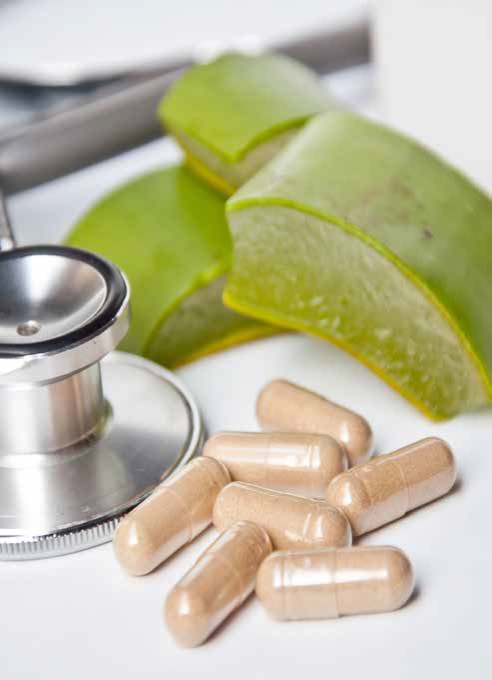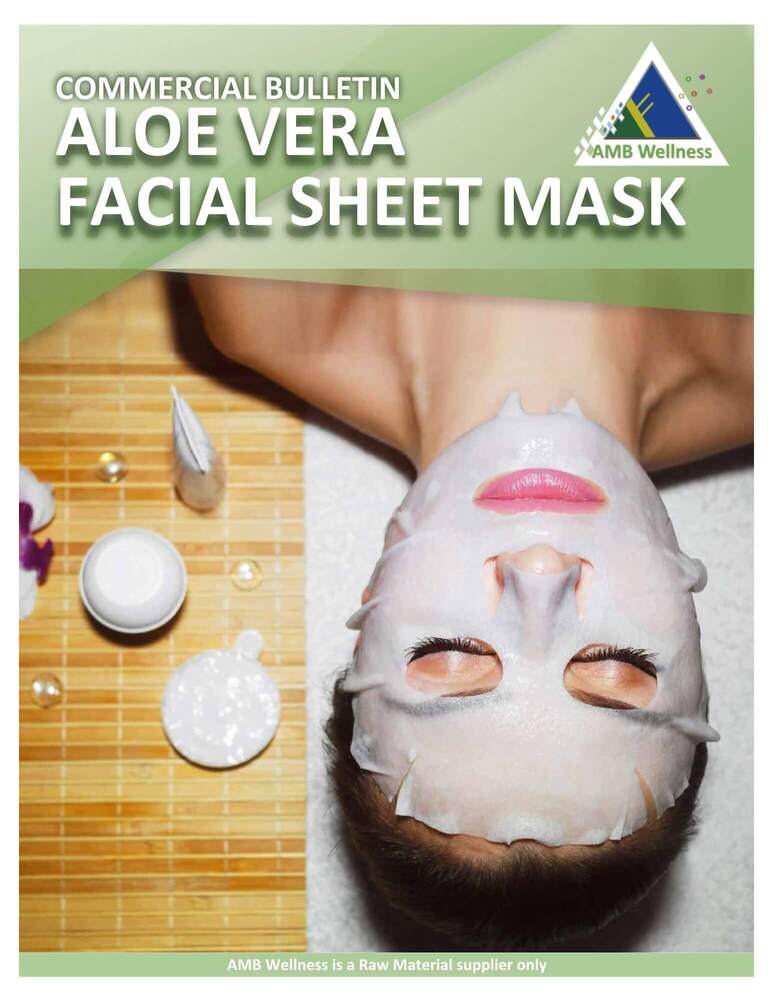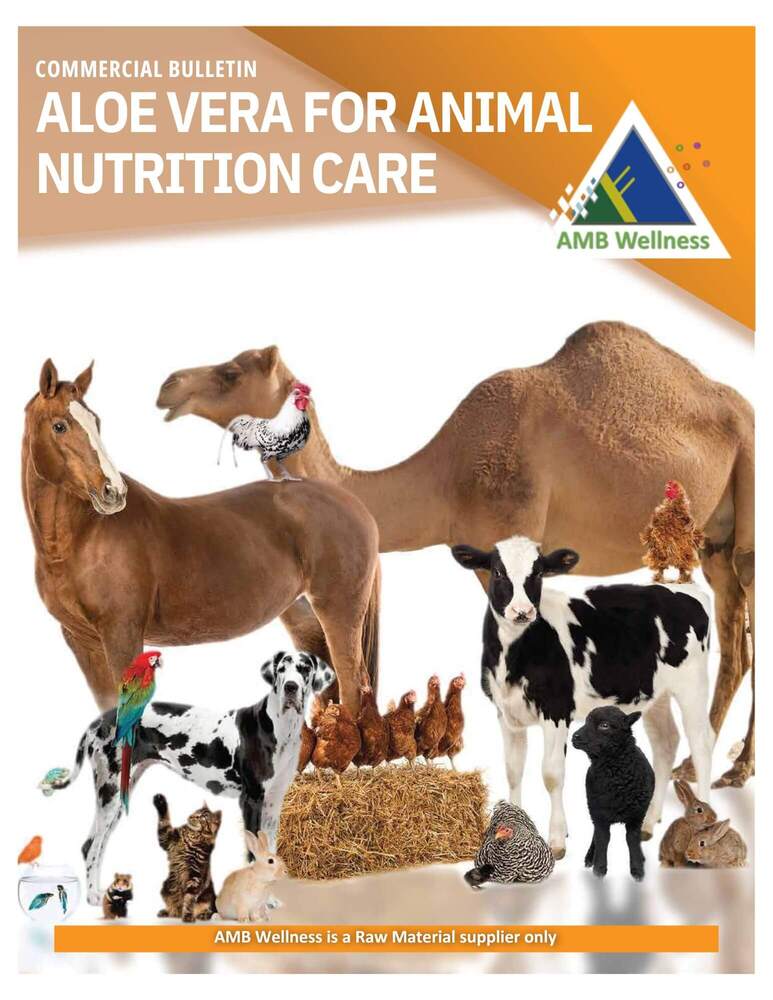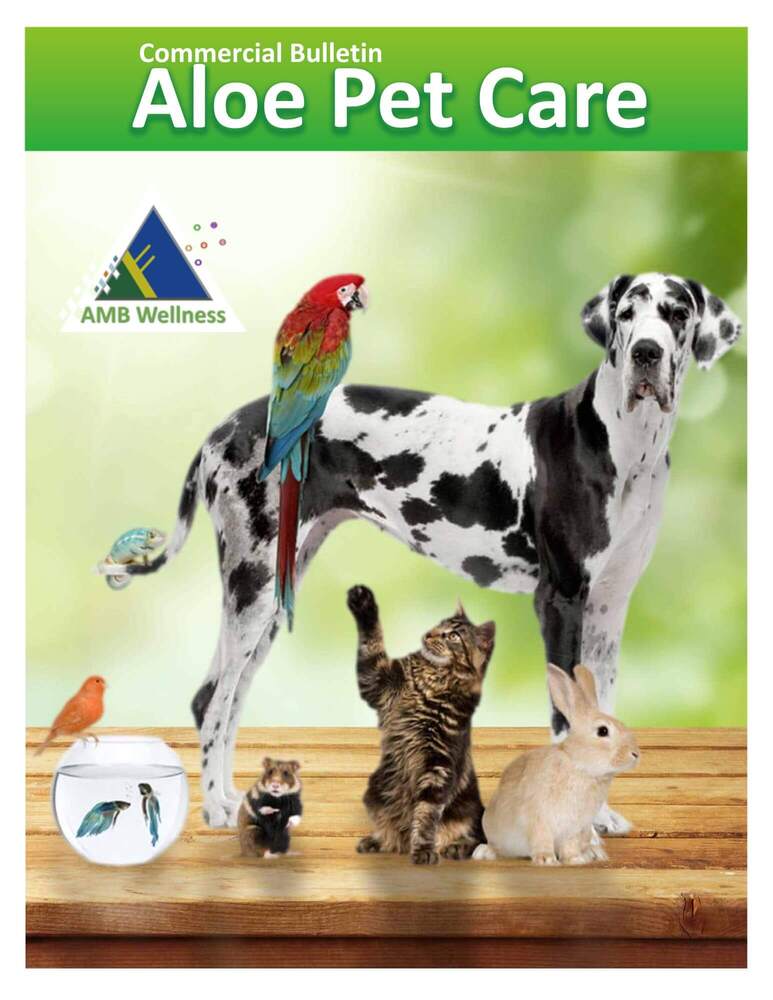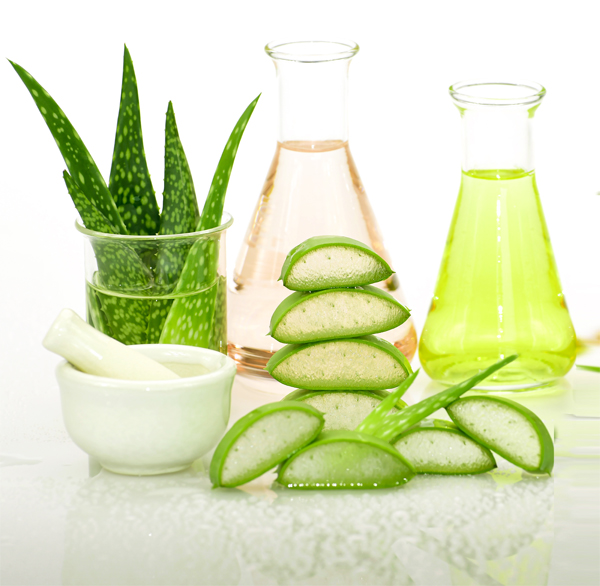Author Bathini Chandrahas, A. Jayakumar, A. Naveen, K. Butchibabu, P. K. Reddy, T. Muralikrishna
efficacy of Aloe Vera mouth rinse on experimental plaque accumulation and gingivitis, Plaque control and prevention of gingivitis is the main goal of prevention of periodontal diseases.Complete plaque removal is difficult to achieve, and prevention of periodontal disease can be enhanced either by reducing the quantity of plaque below the individual’s threshold for disease or changing the quality of plaque to a more tissue-friendly composition, for effective plaque control, several mechanical oral hygiene aids as well as a number of antiplaque agents such as chlorhexidine, essential oil containing mouthrinses, and triclosan are available, chlorhexidine has shown distinct advantage and efficacy, but side effects such as staining of the teeth and the tongue, altered taste sensation, and increased calculus formation often deters its use for long periods, hence, there is a need to develop a naturally occurring, indigenous and cost-effective oral hygiene aid. One such aid could be in the form of Aloe vera extract. has anti-inflammatory properties, antiulcer activity, astringent effect, and possibility of reducing scars and enhancing wound healing, the above properties along with the ease of availability, with no known adverse effects and cost-effectiveness, make Aloe vera an ideal candidate for plaque control and thereby reduce gingivitis and probably later periodontitis, studies evaluating the effectiveness of Aloe vera incorporated in a dentifrice or as a locally applied gel showed a significant reduction of gingivitis and plaque accumulation after the use of this natural product, the purpose of this study was to assess the antiplaque and antigingivitis effect of Aloe vera in an experimental gingivitis model.

